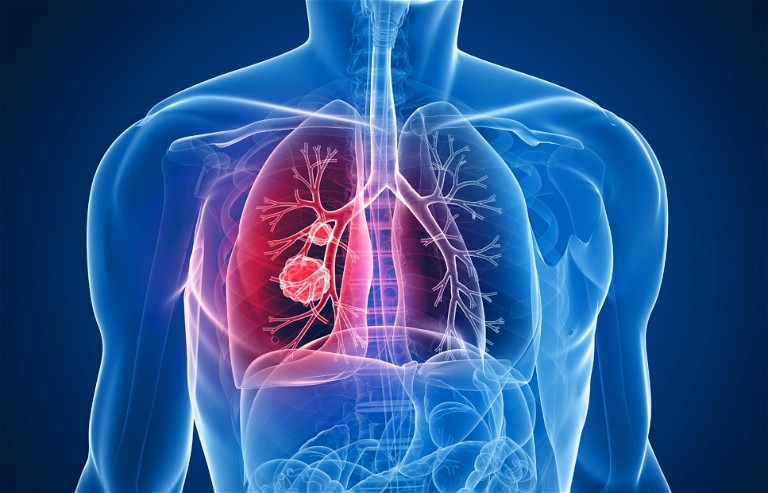News
EMA accepts two applications for datopotamab deruxtecan for oncology treatments

AstraZeneca has announced that the European Medicines Agency (EMA) has validated two marketing authorisation applications (MAAs) for AstraZeneca and Daiichi Sankyo’s datopotamab deruxtecan (Dato-DXd) in the treatment of two cancers.
The first MAA is for the treatment of adult patients with locally advanced or metastatic nonsquamous non-small cell lung cancer (NSCLC) who require systemic therapy following previous treatments.
The second MAA covers the treatment of adult patients with unresectable or metastatic hormone receptor (HR)-positive, HER2-negative (IHC 0, IHC 1+ or IHC2+/ISH-) breast cancer who have progressed on or are not suitable for endocrine therapy and have had at least one previous systemic therapy.
These MAAs are based on data from the phase 3 TROPION-Lung01 and TROPION-Breast01 trials and commence the scientific review process by the EMA’s Committee for Medicinal Products for Human Use (CHMP).
Susan Galbraith, executive vice president of Oncology research and development at AstraZeneca, commented: “Our ambition is for datopotamab deruxtecan to improve upon and replace conventional chemotherapyinthetreatmentofmultiple cancer types. Today’s dual validation of our applications in lung and breast cancers brings this potential medicine a meaningful step closer to redefining treatment expectations for patients with two of the most common cancers in Europe.”
Ken Takeshita MD, global head of R&D, Daiichi Sankyo, added: “The EMA validation is an important first step toward bringing this TROP2-directed antibody drug conjugate to eligible patients in Europe with nonsquamous lung cancer and HR-positive, HER2-negative breast cancer. This news builds on our recent regulatory progress in the US, where our lung cancer application has been accepted and our breast cancer application is underway, underscoring our commitment to changing the standard of care by developing new medicines to help as many patients worldwide as possible.”